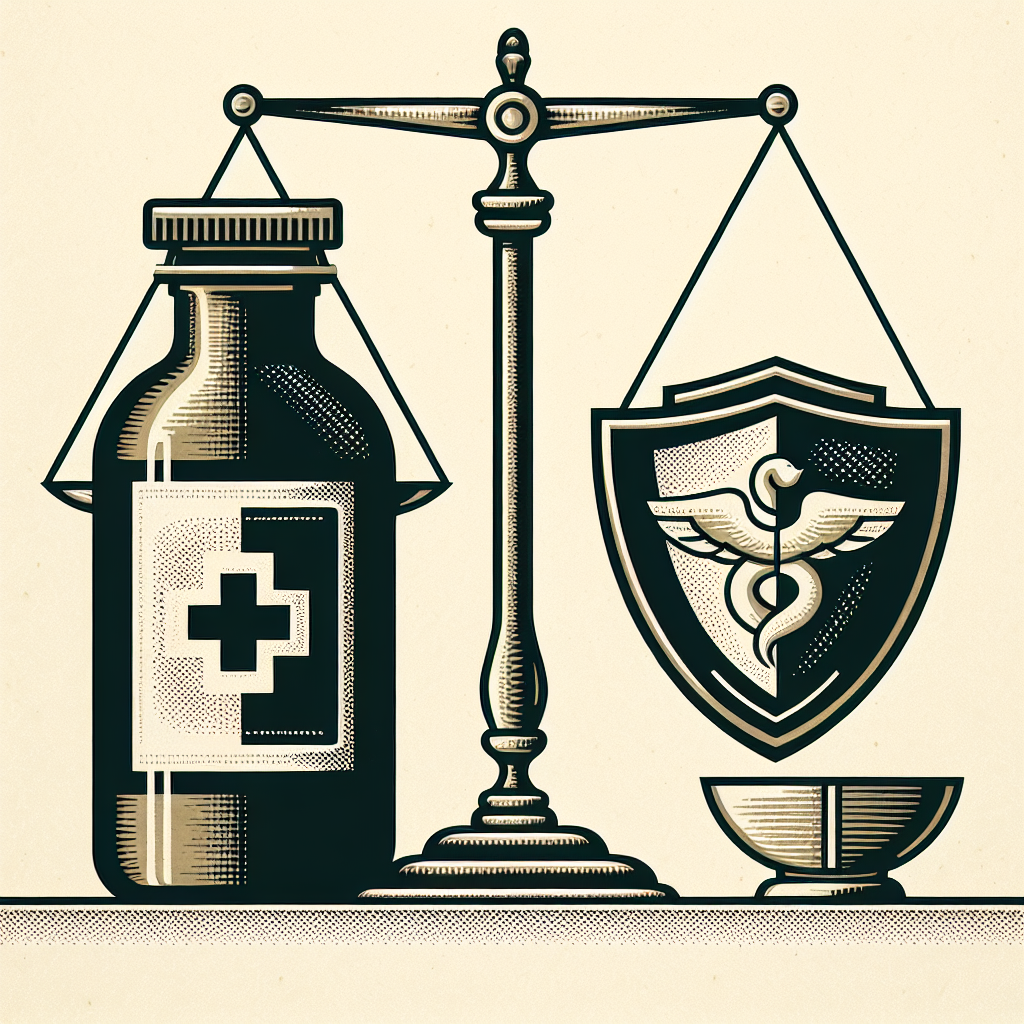Filed under Health Insurance on
How to Obtain a No Health Coverage Letter from Employer

In today’s increasingly dynamic job market, understanding the intricacies of employee benefits, including health coverage, is crucial. Whether you are transitioning between jobs or require documentation for personal or governmental insurance reasons, obtaining a no health coverage letter from your employer can often be necessary. In this comprehensive guide, we will delve into what a no health coverage letter is, why you might need one, and a step-by-step process on how to obtain it. This knowledge will empower you to navigate employer interactions more effectively and ensure that your health coverage needs are properly documented.
Understanding the No Health Coverage Letter
A no health coverage letter, often referred to as a coverage termination letter or verification of no health benefits, is a document provided by an employer indicating that the company does not offer health insurance coverage to the employee requesting it. This letter serves as formal evidence when applying for health insurance plans outside of employer-sponsored options, such as through the Health Insurance Marketplace.
Why You Might Need a No Health Coverage Letter
- Health Insurance Marketplace Applications: If you are seeking to apply for health coverage via the marketplace, providing a no health coverage letter can help prove your eligibility.
- Medicaid or Other Assistance Programs: Government or state assistance programs may require evidence of lack of employer-provided insurance.
- Personal Records: Keeping comprehensive personal records can be beneficial for tax purposes or future employment opportunities.
How to Request a No Health Coverage Letter from Your Employer
Step 1: Identify the Appropriate Contact
Begin by determining who within your organization is responsible for handling insurance benefit inquiries. Typically, this would be someone in the human resources (HR) department. If your organization is smaller and lacks a formal HR team, this responsibility might fall to an office manager or even the business owner.
Step 2: Prepare Your Request
When reaching out for a no health coverage letter, clarity in communication is paramount. Prepare a straightforward, polite request that clearly states the purpose of your inquiry. Be sure to mention why you need the letter and any specific information that must be included.
Sample Request Email
Here’s a sample email template to guide your request:
Subject: Request for No Health Coverage Letter
Dear [HR/Manager's Name],
I hope this message finds you well. I am writing to request a no health coverage letter. I require this document for [explain the reason, e.g., applying for insurance through the marketplace].
Could you please provide the necessary documentation at your earliest convenience? If you need any further information from my end, please let me know.
Thank you for your assistance.
Best regards,
[Your Name]
Step 3: Follow Up
If you do not receive an immediate response, a polite follow-up can help ensure your request hasn’t been overlooked. A simple reminder or checking in a week after your initial request should suffice.
What to Include in a No Health Coverage Letter
Understanding the elements needed in a no health coverage letter will make your request more precise and ensures the document suffices for your needs:
- Employer's Information: Company name, address, and essential contact details.
- Employee's Information: Your full name and employee ID if applicable.
- Statement of No Coverage: A definitive statement that no health insurance is provided by the employer.
- Effective Dates: Clarification on the effective dates of non-coverage, which can be crucial for insurance purposes.
- Signature: An authorized signature from the employer, typically from someone in HR.
Addressing Delays and Obstacles
Occasionally, you may encounter delays or reluctance from employers when requesting a no health coverage letter. Here’s how to tackle potential issues:
Dealing with Delays
If your request seems to be taking longer than anticipated, consider discussing it directly (if possible) with the HR department or responsible party. Clear communication can often expedite the process.
Employer Reluctance
On rare occasions, an employer might hesitate to provide the necessary documentation. This could stem from internal policy changes or misunderstandings regarding purpose. Firmly but politely reiterate your need for the document and its significance.
Ensuring Compliance with Health Coverage Regulations
Health coverage laws and regulations vary by state and country, but generally, having detailed records of employment health benefits or lack thereof is vital for both the employee and the employer. Being proactive and informed about these requirements can prevent complications down the line.
The No Surprises Act, enacted in the United States, is a key piece of legislation meant to protect consumers from unforeseen medical costs. Staying informed on such regulations ensures you maintain compliance when managing personal health insurance decisions.
Expert Opinions and Industry Trends
According to industry experts, clear documentation and proactive employer-employee communication are essential for avoiding misunderstandings about health benefits. The trend towards greater employee awareness and demand for transparency in benefits reflects broader societal shifts toward consumer empowerment in healthcare decisions.
Personal finance and healthcare industry leaders, like Suze Orman and Dave Ramsey, advocate for employees to take charge of their financial and insurance-related decisions. Maintaining thorough documentation, including a no health coverage letter, is part and parcel of being financially astute.
Conclusion
While obtaining a no health coverage letter from your employer might initially seem daunting, it is a straightforward process anchored in clear communication and understanding employee rights and needs. Whether for marketplace applications or personal records, having this documentation is invaluable. By following the steps outlined, you will be better prepared to manage your health insurance needs, ensuring you remain informed and empowered in your healthcare journey.





